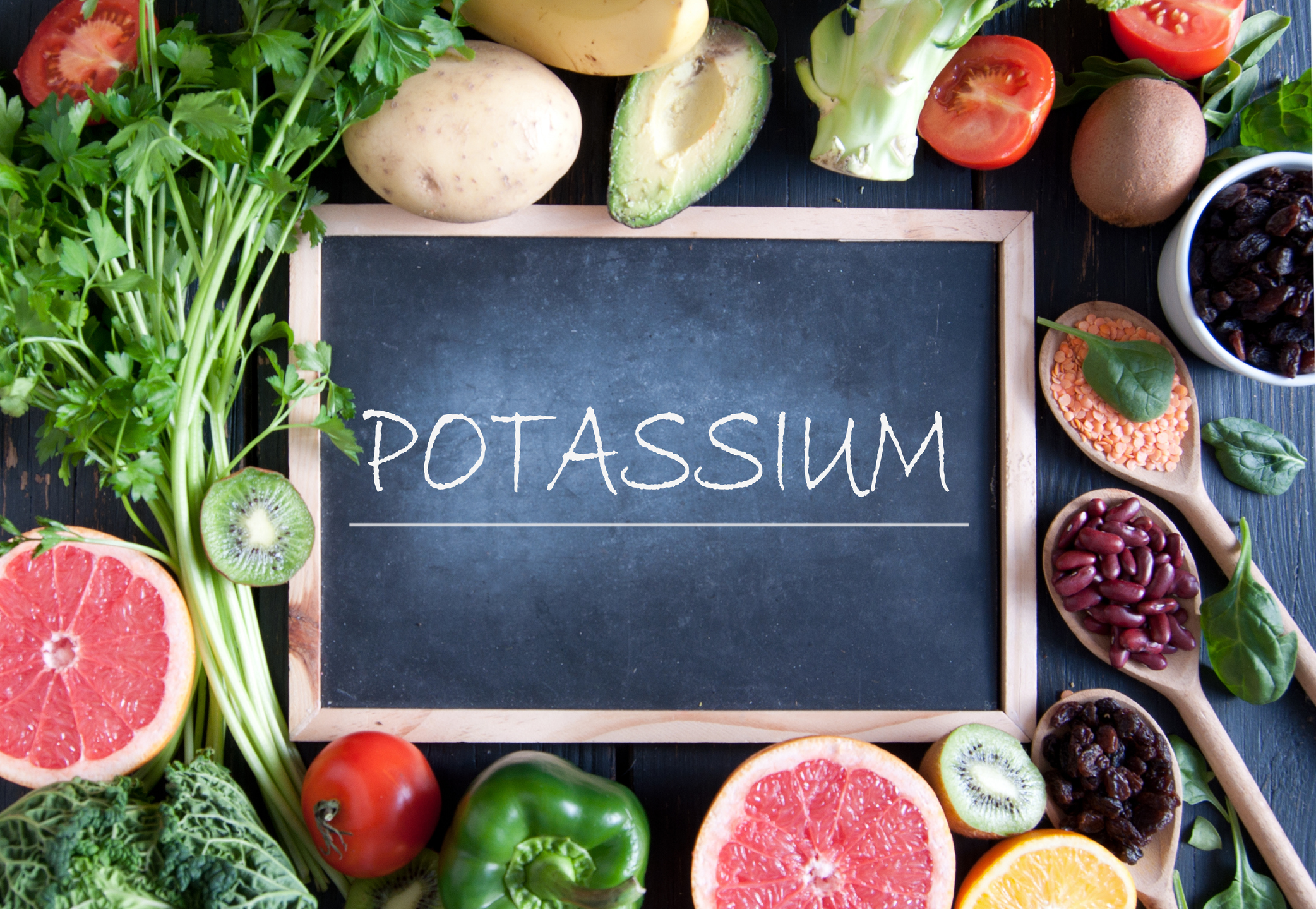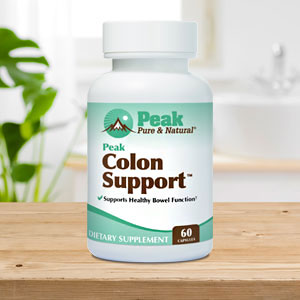Get Easy Health Digest™ in your inbox and don’t miss a thing when you subscribe today. Plus, get the free bonus report, Mother Nature’s Tips, Tricks and Remedies for Cholesterol, Blood Pressure & Blood Sugar as my way of saying welcome to the community!
10 signs of potassium deficiency and why you must correct it right now

Few people realize how many tasks potassium performs in the body, tasks that are essential to life itself.
For starters, potassium helps regulate your blood pressure and is crucial to maintaining a healthy heart.
And without enough potassium, the nerves that make your heart beat can’t function properly.
When the body doesn’t have enough, the condition known as hypokalemia (low blood potassium) can develop.
On its own, that’s troubling enough. But now, doctors in China have seen that hypokalemia frequently shows up in people with COVID-19 infections.
In a Chinese study, 175 COVID-positive patients all had varying degrees of hypokalemia.
Why is this a problem, you may ask?
The heart dysfunction that’s common in COVID-19 patients may stem from this loss of potassium…
How COVID-19 robs the body of potassium
Why are so many COVID-19 patients showing up with low potassium?
It has to do with an enzyme known as Angiotensin I Converting Enzyme (ACE2).
ACE2 is plentiful on the surface of many types of cells, including kidney cells. Normally, ACE2 in the kidneys helps regulate blood pressure by balancing sodium and potassium.
But ACE2 is also the entry point, the “doorway,” if you will, through which the coronavirus enters our cells. When the virus enters, it de-activates ACE2.
When this happens to kidney cells, the kidneys start to malfunction, just as our heart does when it is invaded by the virus, and we start to excrete way too much potassium through the urine.
Also, low potassium in the cells triggers a protein known as the NLRP3 inflammasome. As its name suggests, it causes inflammation.
Specifically, it is thought that NLRP3 contributes to the cytokine storm that sends the immune system into overdrive and attacks the vital organs of a person with COVID-19.
Low-potassium warning signs
Potassium will not prevent a coronavirus infection. It may, however, play a very important role in the treatment of heart dysfunction brought on by COVID-19.
In the Chinese study, supplementing with about 3 grams of potassium daily helped reverse severe hypokalemia in most patients.
Most Americans only get about 7 percent of the required amount of potassium in their diet, as opposed to up to 300 percent the sodium we need.
So, how can you tell if you’re getting enough? What are the warning signs of a potassium deficiency?
If you experience any of these symptoms consistently, it’s wise to make an appointment with your doctor to find out if a potassium deficiency is the cause:
- weakness
- muscle cramps
- tingling
- fatigue
- nausea
- bloating
- frequent urination
- constipation
- irregular heartbeat
- acne
Still, there is no research, as of this time, to indicate if having ample stores of potassium in your body before contracting a COVID-19 infection would influence the outcome.
But this information, along with what we already know about potassium’s role in heart health, just proves how important this vital nutrient is — and why you should try hard to get more in your diet by eating potassium-rich vegetables like:
- asparagus
- artichokes
- broccoli
- cauliflower
- dark leafy greens
- celery
- green beans
- mushrooms
- parsnips
- potatoes
- pumpkin
- sweet potatoes
- tomatoes
And some of your favorite fruits make the list, too:
- avocados
- bananas
- cantaloupe
- cherries
- figs
- kiwi
- oranges
Yogurt, salmon, clams, lentils and white beans are also good choices.
As you can see, it’s not hard to include some of these foods in your diet, in salads, desserts or other recipes.
Sources:
- What are natural remedies for coronavirus (COVID-19)? Do supplements like zinc, vitamin C, or herbals work? — Consumer Labs
- Low serum potassium in COVID-19 and thoughts on interventions — drkarafritzgerald.com
- Hypokalemia and Clinical Implications in Patients with Coronavirus Disease 2019 (COVID-19) — medRxiv
- 14 Foods That Are Hight in Potassium — Healthline
- Kidneys And Covid-19: Renal Manifestations Of The Novel Coronavirus — Forbes













